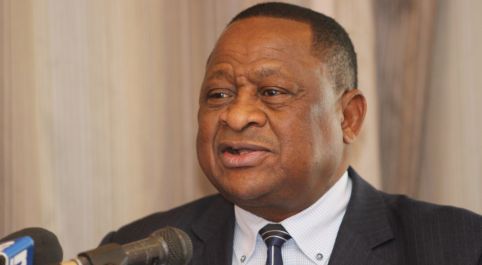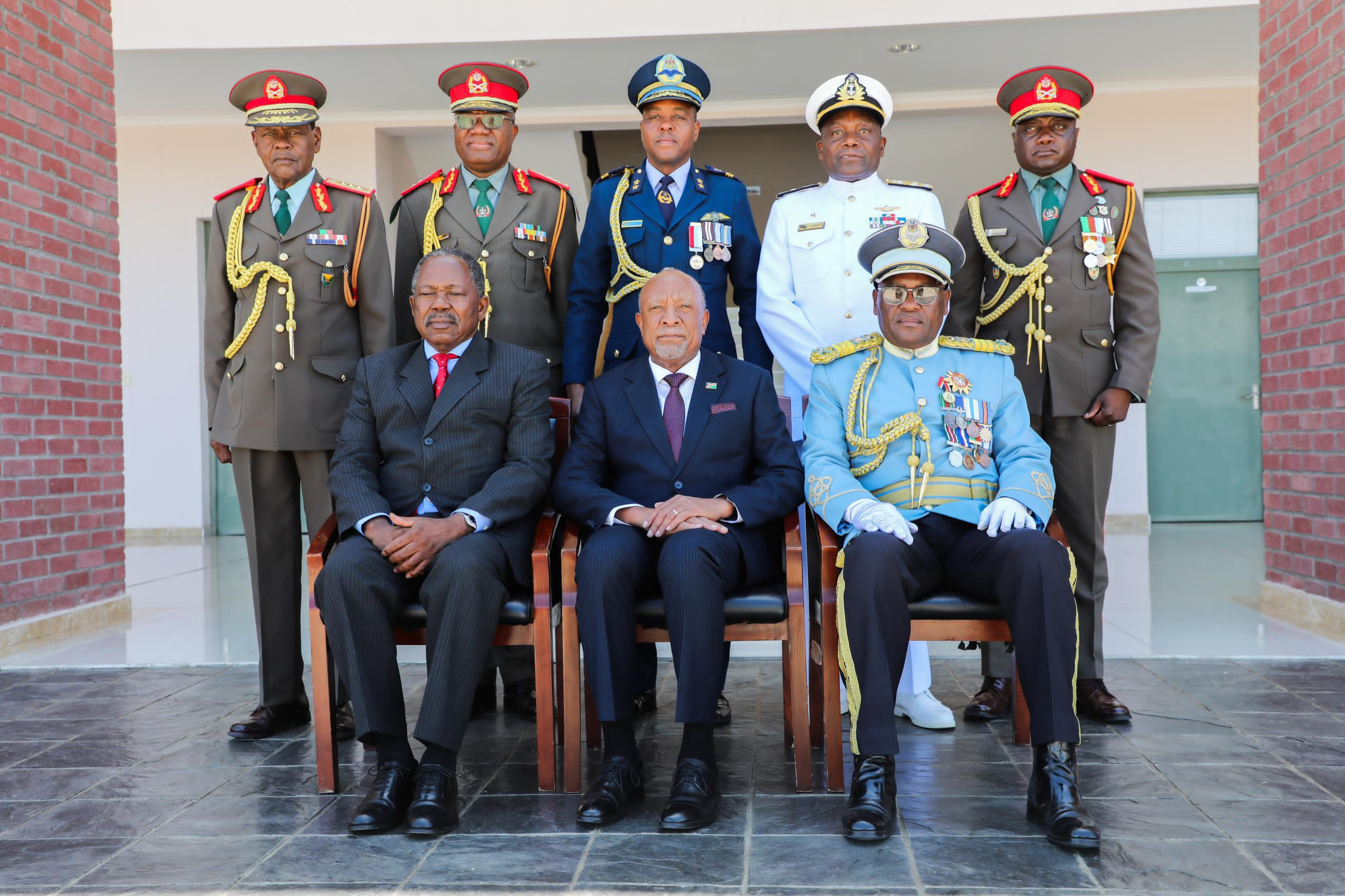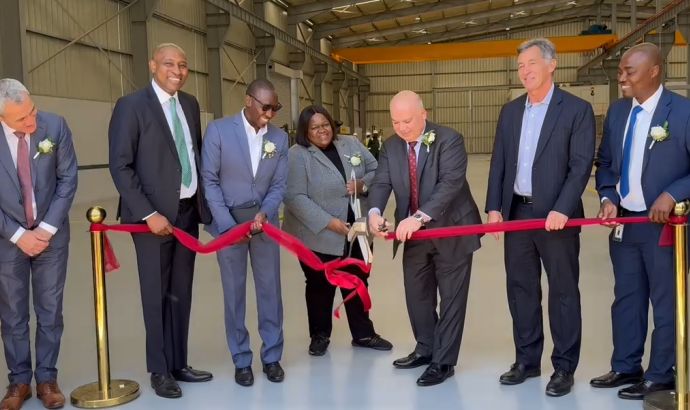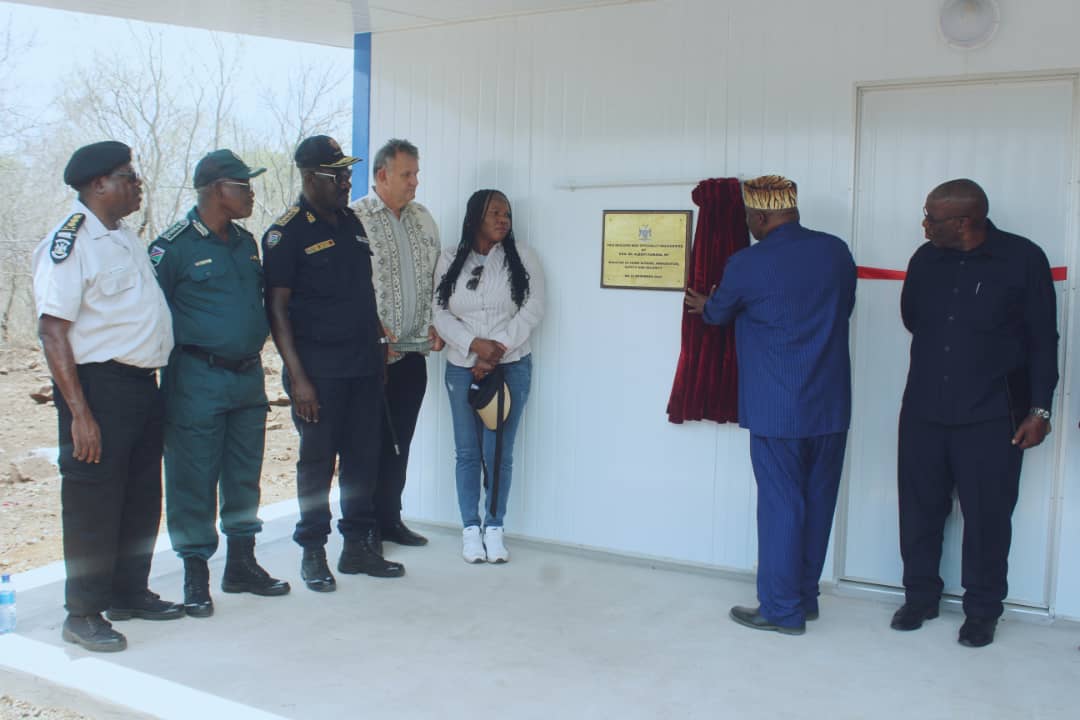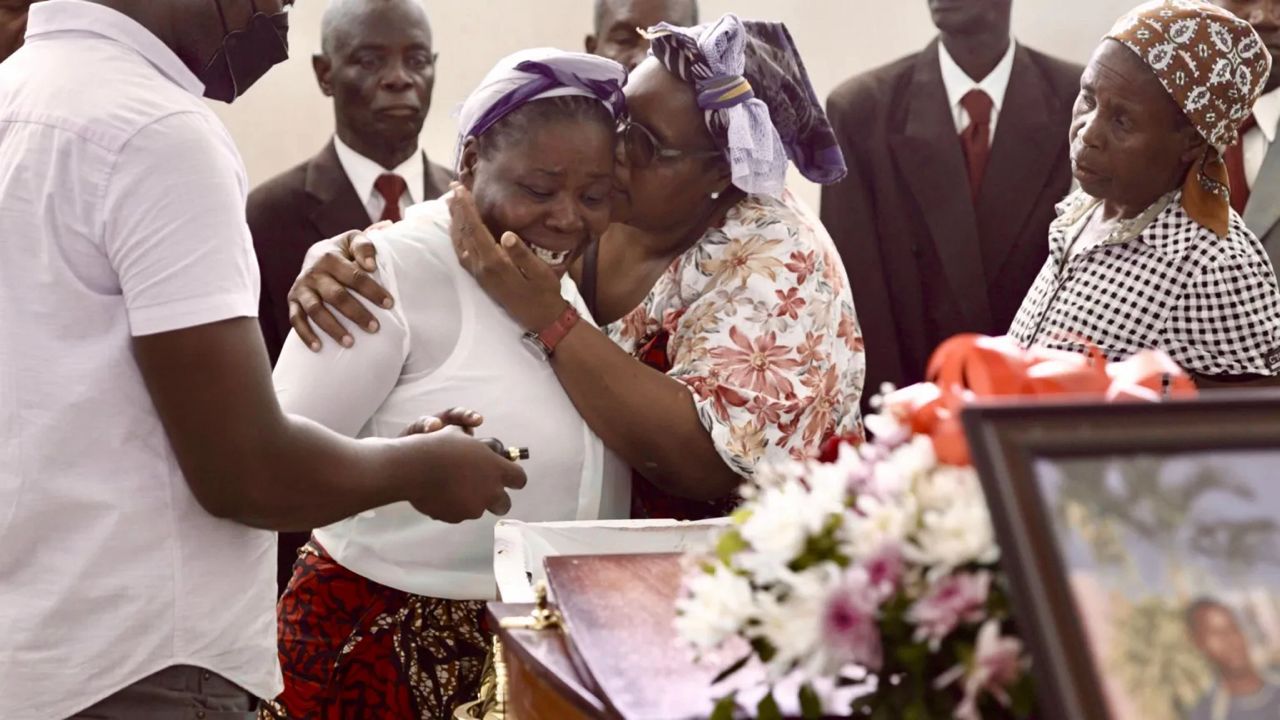29 July 2024
It is with profound gratitude and immense joy that I stand before you today at this event, where we celebrate another step forward and commitment to the health and well-being of our people through a strategic partnership.
The generous donation of medical equipment and a mobile van by the government of Japan, under the noble project ‘Leave No One Behind’, demonstrates the power of partnerships and collaboration between the government and our development cooperation partners.
It proves our ongoing joint efforts to enhance service delivery in critical areas of public health, such as sexual and reproductive health, as well as the prevention and response to gender-based violence (GBV).
Today we underscore our commitment to overcoming and defeating the public health challenges faced by our communities – especially the vulnerable and marginalised.
In this regard, we take a holistic view and recognise that these challenges are neither simple nor one-dimensional. They are complex and multi-dimensional. They intertwine, affecting and reinforcing each other in complex ways that demand a comprehensive and multisectoral response. It is at this point that public health, diplomacy, international cooperation and community advocacy intersect.
Gender-based violence is a harsh reality in many of our communities. It continues to not only affect, but also ravage many innocent lives in our society. Almost on a daily basis, there are reports of the violation of the dignity of Namibians through assault, rape and killings. Women, children and men have fallen victim to these unconscionable crimes.
GBV and related crimes in our country have become a matter of serious concern. It is no longer a question asking, as the ancient Latin would say: “Quo vadis?”, meaning “Where to, Namibia?”, on this vexing matter.
We have a duty to act resolutely and with a sense of urgency to protect our society from this scourge. It is our collective responsibility to overcome it for the safety of our communities and normalcy of our society. It is in this context that we welcome this donation, which comes as part of a strategic initiative to provide effective and impactful outreach services to communities that have historically been underserved, ensuring that no one is left behind.
The medical equipment and mobile van we receive today are not mere objects; they symbolise hope. They represent an opportunity to bring health services closer to those who need them most – particularly women and girls who have endured the trauma and the indignity of violence. With this donation, we can expand our capacity to provide crucial sexual and reproductive health services right in the heart of local communities.
This includes education, counselling, and support that can empower individuals with vital information and resources to make informed choices about their bodies and their health. With specific reference, items donated to the Ministry of Health and Social Services comprise bed screens, cardiotocography machines, heart rate detectors, scales and ultrasound scanners worth N$1,5 million.
Today we are equally going to witness donation of sanitary pads to the Ministry of Education, Arts and Culture, and a mobile clinic to the One Economy Foundation, hence the grand total value of items donated is worth N$3,8 million.
Moreover, this initiative is about building trust, fostering healing, and instilling confidence in our people, especially those who have been affected by GBV in one way or another. It is about creating safe spaces where conversations about reproductive health and gender-based violence can occur with dignity and respect. With the mobile van, our healthcare workers will reach those who may not otherwise have access to existing health facilities. In this regard, this intervention will go a long way to eliminate barriers to care and promote the holistic health of our people.
However, I would like to emphasise that while this donation is monumental, it is only one piece of a much larger puzzle. The fight against gender-based violence and the promotion of sexual and reproductive health require a whole-of-government and whole-of-society approach. We must engage all sectors – including education, law enforcement, community organisations, community leaders, and local businesses – to foster an environment that supports and protects the rights and health of individuals.
Our collaborative efforts are essential to ensuring that policies are not only crafted, but effectively implemented. We need a united front to combat stigma, to educate and inform, and to ensure that those in need are aware of the services available to them. Together we can create the urgently needed cultural, societal and institutional paradigm shifts that prioritise the safety and well-being of every individual, especially women and girls, who are often disproportionately affected by violence and discrimination.
In closing, I extend my deepest appreciation to the government of Japan for its unwavering support and commitment to our cause and shared vision. Your generosity is a beacon of hope that will inspire further action and collaboration in our quest for a healthier, safer Namibia. I wish to also acknowledge and appreciate the unwavering support we have received from the United Nations Population Fund (UNFPA) and the One Economy Foundation. Your significant contributions have galvanised, strengthened and expanded the ministry’s efforts in providing sexual and reproductive health services and education to communities across Namibia, particularly those who are vulnerable.
As we move forward, let us recommit ourselves to the values of compassion, equity, and inclusivity, ensuring that indeed no one is left behind.
With these words, it is my pleasure to accept and receive this generous donation on behalf of the people of Namibia.
We will overcome GBV one step at a time.
Stay informed with The Namibian – your source for credible journalism. Get in-depth reporting and opinions for
only N$85 a month. Invest in journalism, invest in democracy –
Subscribe Now!


